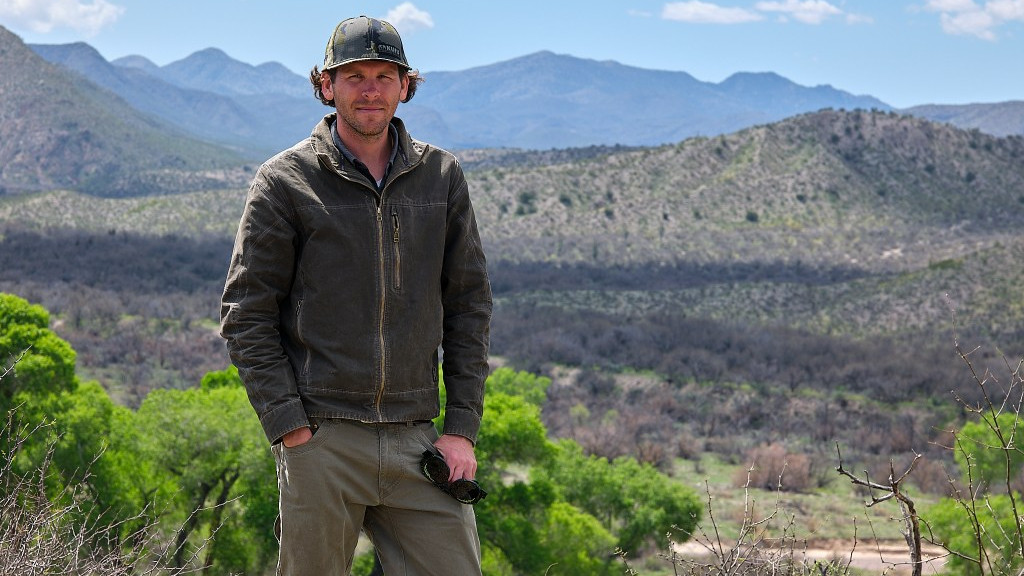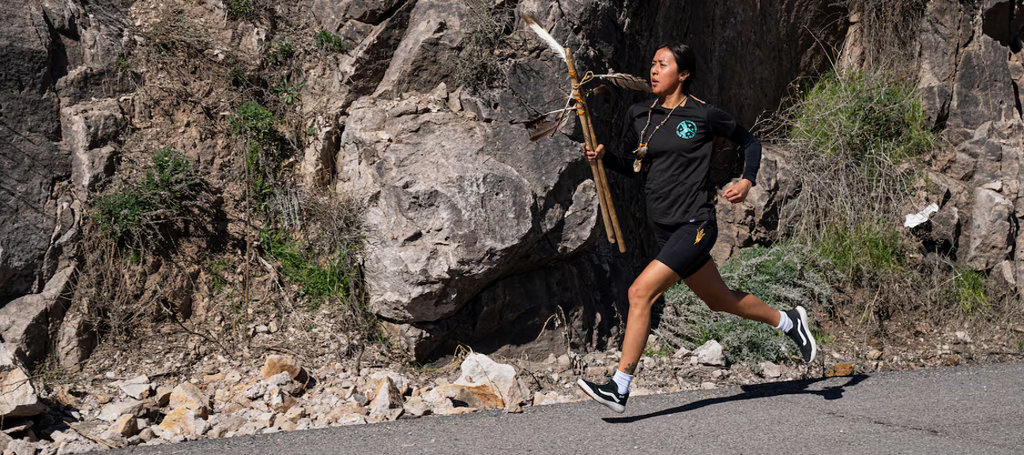PRESS RELEASE: FOR IMMEDIATE RELEASE
February 6, 2024
TRIBES CALL ON ARIZONA CORPORATION COMMISSION TO HALT CONSTRUCTION OF THE SUNZIA TRANSMISSION LINE IN ARIZONA
Toronto-based Pattern Energy in Violation of Commission Guidelines, Plans to Desecrate Sacred lands in the San Pedro River Valley without Required Cultural Resource Studies
TUCSON, Ariz. — The Tohono O’odham Nation and the San Carlos Apache Tribe filed a formal complaint with the Arizona Corporation Commission (ACC) on Monday, Feb. 5, 2024 demanding the Commission halt construction of the SunZia high voltage transmission line in Arizona for violating Commission orders. The Center for Biological Diversity and Archeology Southwest joined the Tribes in the complaint.
Toronto-based Pattern Energy is constructing a 550-mile transmission corridor connecting central New Mexico and south-central Arizona with two 500kV transmission lines. Construction of a 50-mile portion of the transmission line will carve up the environmentally sensitive San Pedro River Valley, causing irreparable damage to sacred and cultural sites of the Tohono O’odham Nation, San Carlos Apache Tribe, and other tribes.
“Pattern Energy jumped the gun when it began construction of the SunZia power line through the San Pedro River Valley by failing to prepare and submit required cultural studies to the Arizona Corporation Commission,” said Tohono O’odham Nation Chairman Verlon Jose. “This is the latest example of this Canadian company ignoring legal requirements designed to protect critical cultural sites. The Commission should immediately order Pattern Energy to cease construction until Pattern complies with all Commission orders.”
San Carlos Apache Chairman Terry Rambler said, “Tribes are staunch supporters of renewable energy and encourage responsible energy development. However, Pattern Energy has shown a flagrant disregard for protecting the cultural resources that are vital to our Tribe and other tribes. There are alternative locations to place this powerline rather than through the heart of one the most pristine environmental and cultural landscapes in the Southwest.”
The complaint documents how Pattern Energy has violated two separate provisions of its Certificate of Environmental Compatibility (CEC), which is required by the Commission for the SunZia transmission line. The complaint states that Pattern Energy failed to submit a cultural landscape study and only submitted a partial historic properties treatment plan prior to beginning construction in 2023. Privately-held Pattern Energy acquired SunZia Transmission LLC in July 2022.
The complaint requests the Commission order Pattern Energy to cease construction of the transmission line in Arizona. If Pattern Energy fails to do so, the complaint requests the Commission to suspend the company’s CEC until it complies with Commission orders for the cultural landscape study and completion of the historic properties’ treatment plan.
The ACC complaint comes just less than three weeks after the same parties filed a federal lawsuit against the U.S. Department of the Interior and the U.S. Bureau of Land Management for failure to comply with federal laws and executive orders that would protect cultural sites from the SunZia transmission line. The lawsuit seeks an emergency injunction pending BLM’s compliance with the National Historic Preservation Act. The lawsuit was filed in U.S. District Court, District of Arizona, Case 4:24-cv-00034-JGZ.
Matt Probst
SIMG, Inc.
520-321-1111 office
520-409-4660 cell


